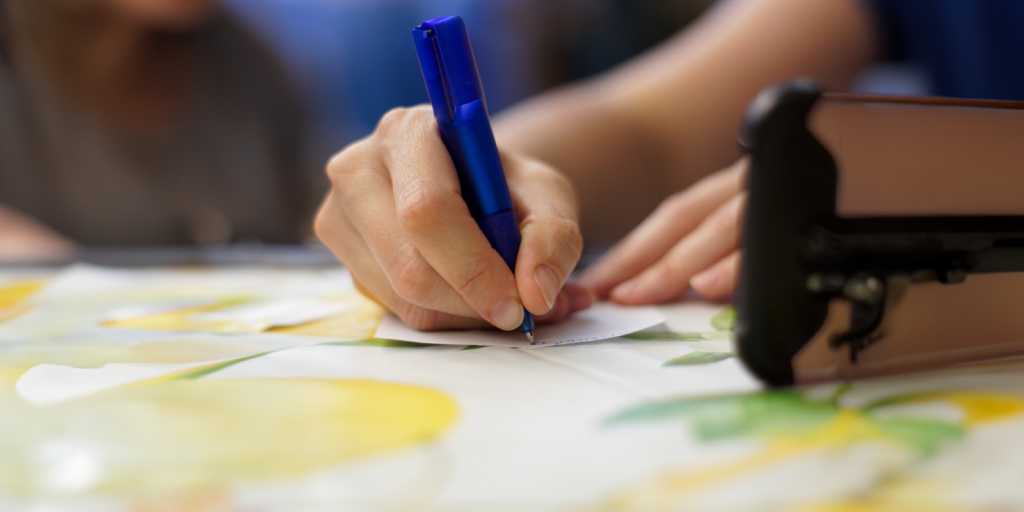
When pursuing a personal injury claim, it is crucial to be aware of potential pitfalls that could undermine your case. These pitfalls can significantly impact the outcome of your claim and may result in reduced compensation or even denial of your claim. At Fielding Law, we strive to help you avoid these pitfalls and secure the compensation you deserve.
1. Delay in Seeking Medical Treatment
Failing to seek prompt medical attention after an injury can weaken your claim. Insurance companies may argue that your injuries were not severe or directly caused by the accident if there is a gap in medical treatment.
2. Providing Inconsistent Statements
Inconsistencies in your statements to medical professionals, insurance adjusters, or legal authorities can raise doubts about the credibility of your claim. It is essential to provide accurate and consistent information throughout the claims process.
3. Missing Documentation and Evidence
Lack of documentation, such as medical records, accident reports, witness statements, and photos, can weaken your claim’s strength. Collect and preserve all relevant evidence to support your case effectively.
4. Failure to Follow Medical Advice
Ignoring or failing to comply with medical advice can be used against you by insurance companies to argue that your injuries are not as severe as claimed. Follow your doctor’s recommendations and attend all necessary appointments.
5. Social Media Missteps
Posting on social media about your accident or injuries can be detrimental to your claim. Insurance companies and defense attorneys often monitor social media activity and may use posts against you to undermine your case.
6. Statute of Limitations
Failing to file your claim within the statute of limitations can result in missing your opportunity to seek compensation. It is crucial to be aware of the deadlines for filing a claim to avoid losing your legal rights.
How Fielding Law Can Help
Navigating the complexities of an injury claim can be challenging, especially when facing these pitfalls. At Fielding Law, we have the expertise and experience to guide you through every step of the claims process. Our team will ensure that your rights are protected, and we will fight tirelessly to maximize your compensation.
Do not let these pitfalls jeopardize your injury claim. Contact Fielding Law today at 833.88.SHARK for a free consultation. We are here to advocate for you and help you secure the justice and compensation you deserve.
Note: Information provided is for educational purposes and does not constitute legal advice. Always consult with a qualified attorney for legal concerns.

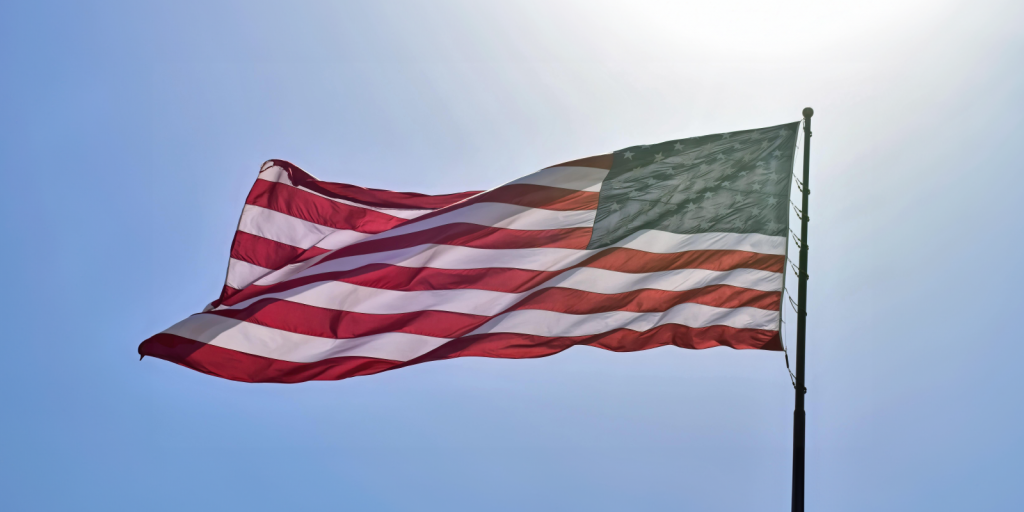
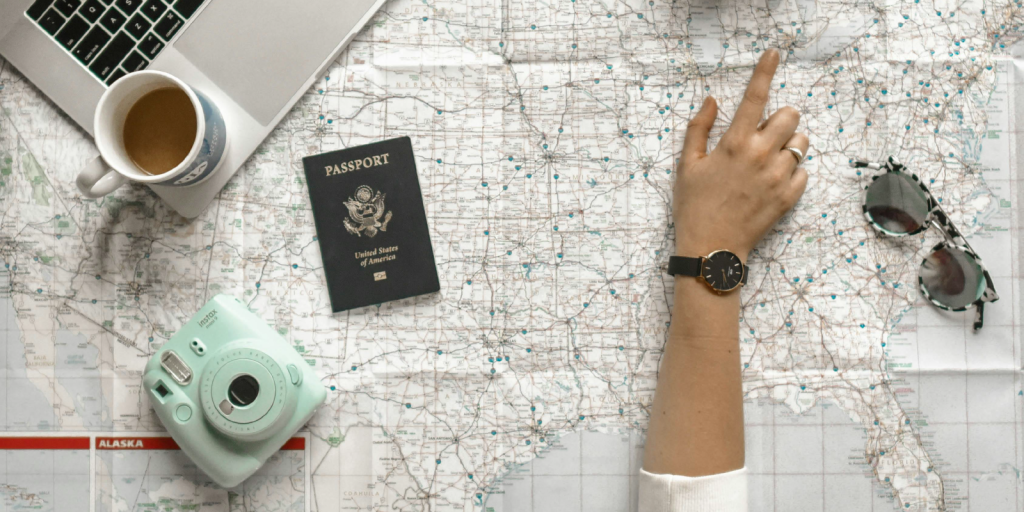
 Fielding Law understands the unique challenges faced by immigrants and visitors. We are caring, kind, and empathetic but also very capable of helping you navigate the legal system. Here are a few reasons to hire us:
Fielding Law understands the unique challenges faced by immigrants and visitors. We are caring, kind, and empathetic but also very capable of helping you navigate the legal system. Here are a few reasons to hire us: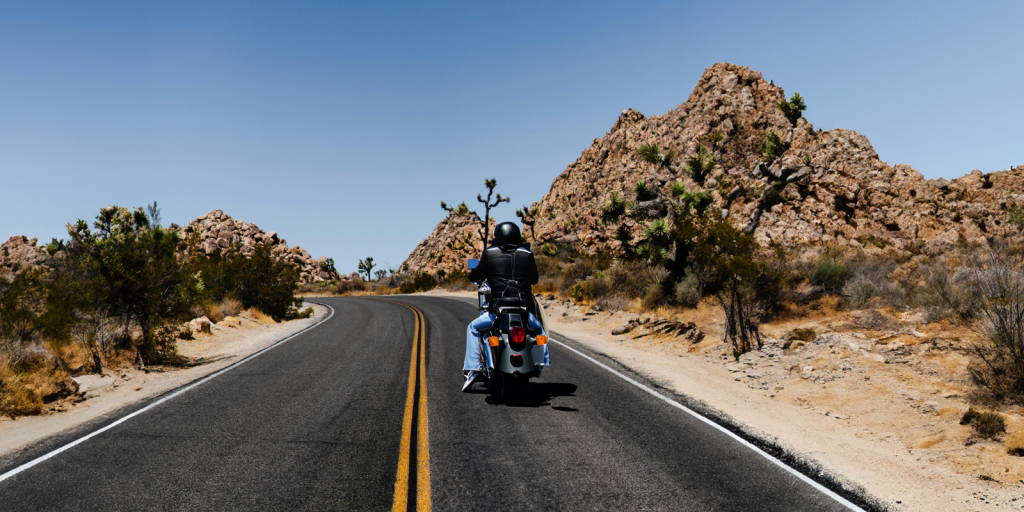
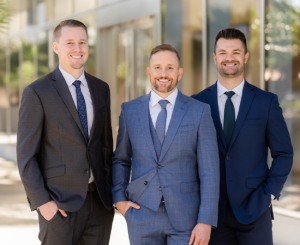 Choosing Fielding Law for your
Choosing Fielding Law for your 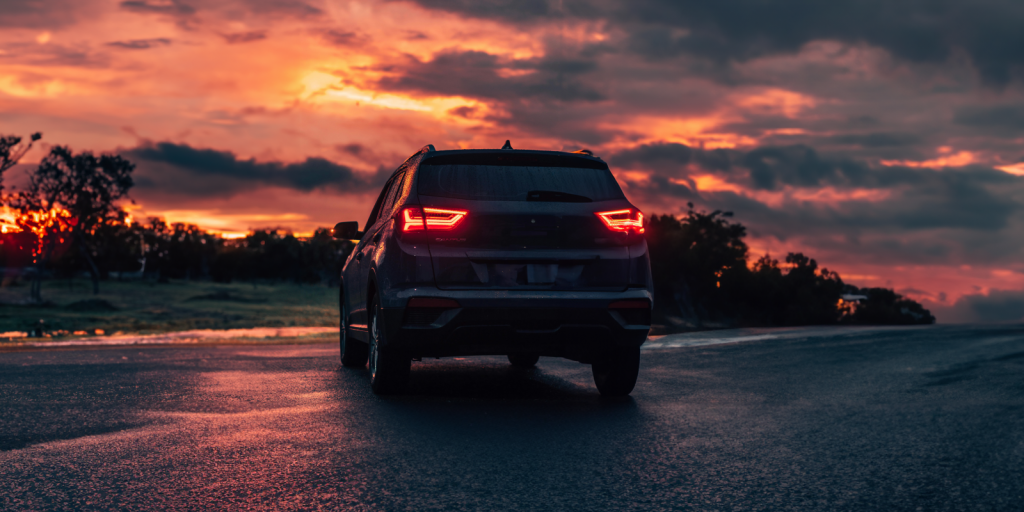
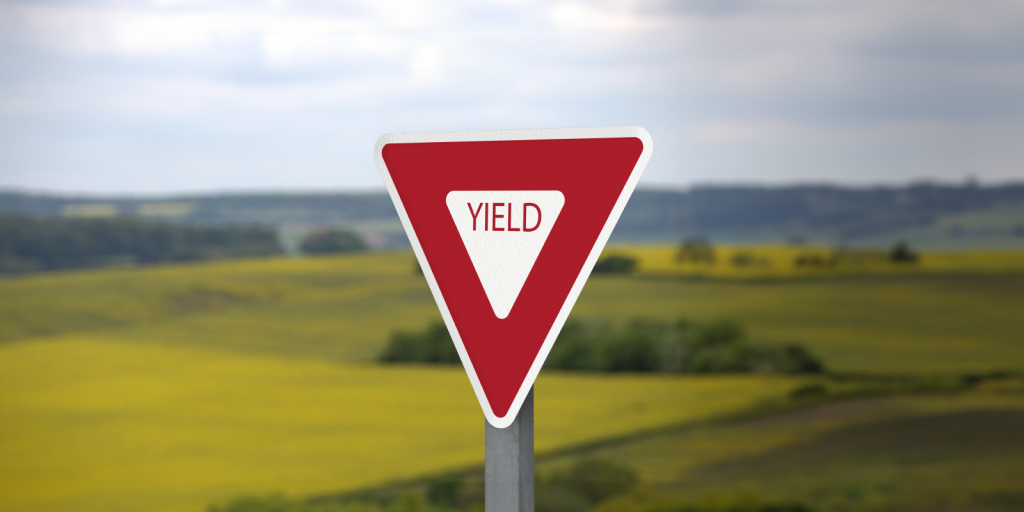

 While these roads and highways present significant risks, drivers can mitigate dangers by practicing safe driving habits, staying alert, and obeying traffic laws. However, accidents can still occur. In such unfortunate events, it is crucial to seek legal representation from experienced personal injury attorneys like
While these roads and highways present significant risks, drivers can mitigate dangers by practicing safe driving habits, staying alert, and obeying traffic laws. However, accidents can still occur. In such unfortunate events, it is crucial to seek legal representation from experienced personal injury attorneys like 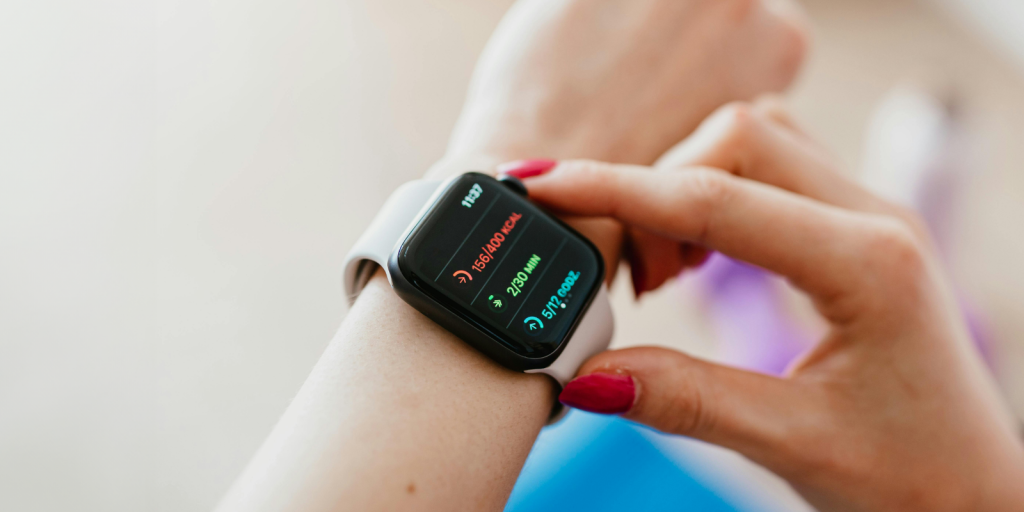


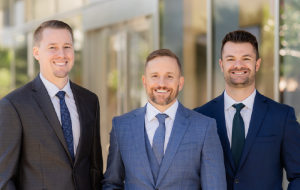 Navigating the aftermath of an injury requires more than just legal expertise; it demands compassion and a personalized approach. At Fielding Law, our
Navigating the aftermath of an injury requires more than just legal expertise; it demands compassion and a personalized approach. At Fielding Law, our 